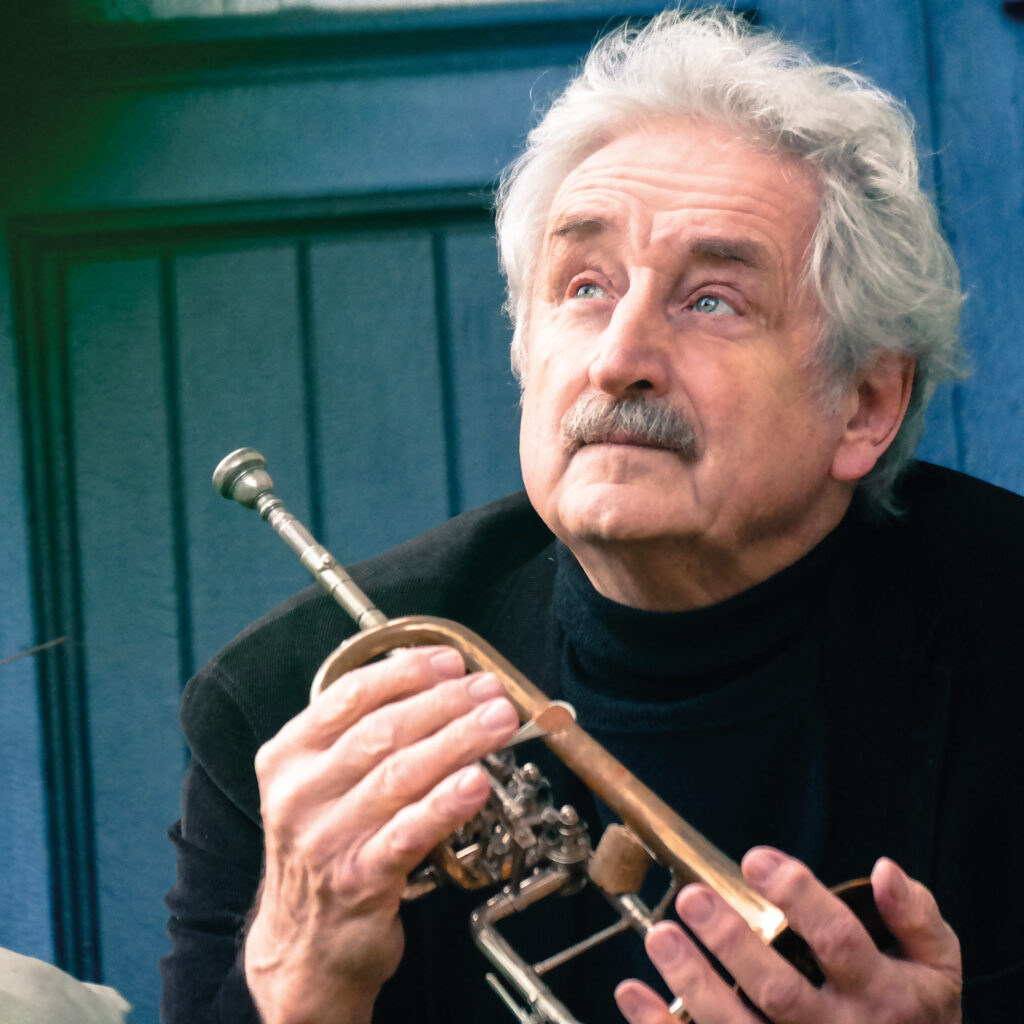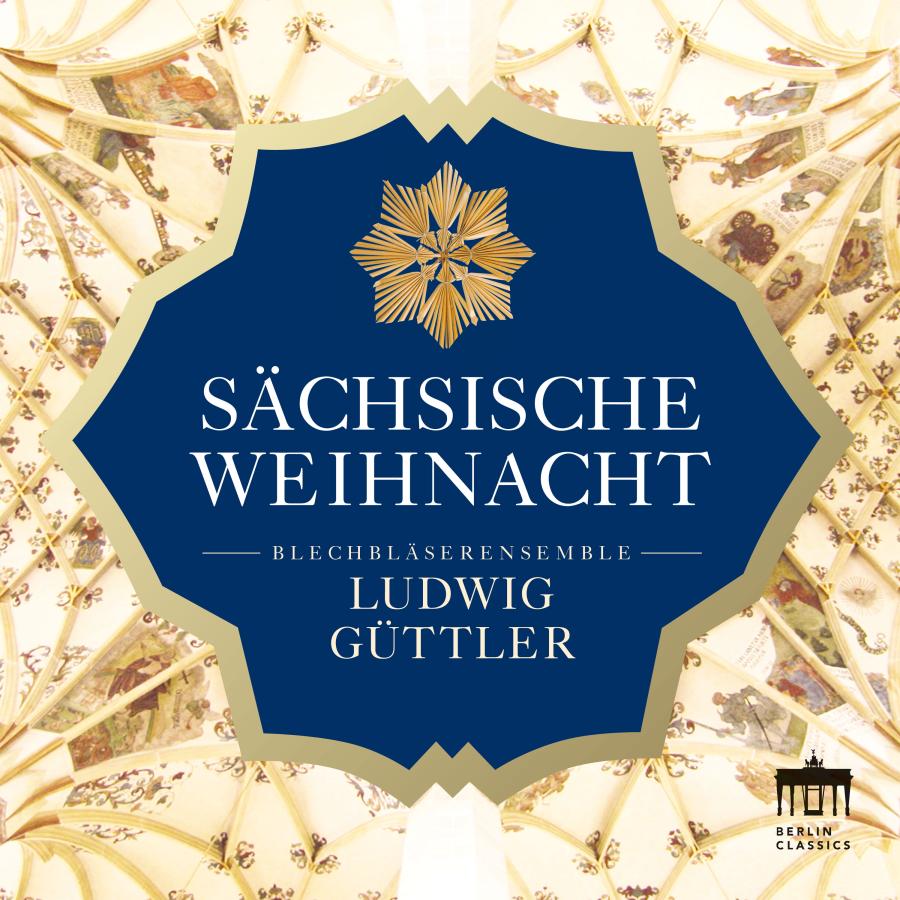The trumpeter, conductor, musicologist and ensemble founder Ludwig Güttler is one of the most versatile and important German artists of the 20th and 21st centuries. He founded the Virtuosi Saxoniae ensemble comprising members of the Sächsische Staatskapelle, the Leipzig Bach Collegium and the Ludwig Güttler Brass Ensemble. He has been a pioneer of Dresden’s musical tradition, not just the Baroque, and has rediscovered many forgotten composers, performing their works again for the first time in many years. Güttler conducts and plays J.S. Bach ‘s Christmas Oratorio and Passions and his Brandenburg Concertos as well as such diverse works as Mozart’s symphonies and Haydn’s cello concertos (with Jan Vogler), not to mention other works by Haydn and by Reger, Hindemith, Honegger and contemporary composers. His repertoire of the trumpet literature ranges from the 16th century to the present day. He is a pioneer of the corno da caccia, an instrument which for some time had fallen out of favour and which he has championed for decades, thereby enhancing his excellent reputation. Before the fall of the Berlin Wall, Güttler was active in West Germany as the principal founder of the music festival in Hitzacker. He continues to this day to head the Sandstein & Musik Festival in the hilly region south of Dresden known as the “Switzerland of Saxony” and the eastern Erzgebirge (ore mountains). Ludwig Güttler also made a name for himself as a pioneer in the rebuilding of the world-famous Dresden Frauenkirche destroyed in 1945 by an Allied bombing raid. By staging numerous concerts and making appeals for donations he was able to collect enough money for the reconstruction of the church. Without his commitment the Baroque hallmark of Dresden would surely not have been restored over 10 years ago to its former glory in the heart of the city.
Photo: August Stark


















